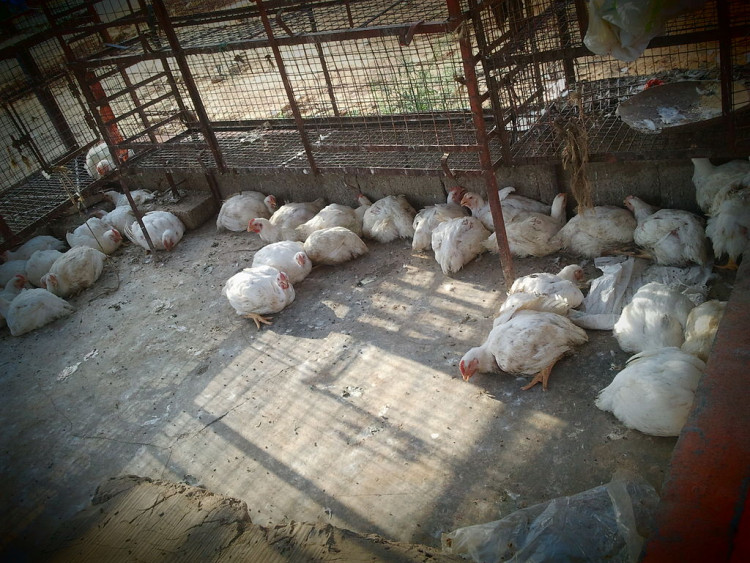The health minister of Hong Kong vowed the government will remain vigilant over the threat of bird flu in the city as a new study from Japan confirmed H7N9 virus can be transmitted through respiratory droplets. On Sunday, Secretary for Food and Health Sophia Chan Siu-chee noted the government is doing its best to prevent and monitor any possible outbreak of bird flu in markets and local farms.
She said they will continue communicating with health organizations as well as international organizations to have a better understanding of avian flu and its risks. Her remark was then followed by a report from the researchers at the University of Tokyo where they confirmed the H7N9 virus can be transmitted via respiratory droplets.
This is the first time researchers confirmed bird flu can be spread through airborne droplets. The researchers said that a new type of influenza is being developed as soon as the bird flu accumulated genetic mutation, and then it will be transmissible to humans.
The research team, headed by Professor Yoshihiro Kawaoka at the University of Tokyo, conducted the study wherein they placed two ferrets - a healthy one and an infected one - in separate cages 7cm apart. After four days, the researchers discovered the healthy ferret has been infected with the virus. Droplets that carry the virus found about 80cm from the sick animal.
H7N9 is a subtype of the influenza virus that was detected from birds in the past. The first case of human infection was first seen in China in 2013, wherein more than 1,500 people become severely ill. The majority of the infected people had recent exposure to potentially contaminated environments (markets selling birds) or live poultry, the World Health Organization (WHO) reported.
The H7N9 virus cannot be easily transmitted from person to person, and there are no reports of any sustained human-to-human transmission. According to the South China Morning Post, there are 1,567 human cases of H7N9 reported worldwide since March 2013, while Hong Kong had 21 cases - which are all imported.
Dr. Ho Pak-leung, a microbiologist at the University of Hong Kong, said the 2013 study of Chinese researchers had similar findings to the recent Japanese study. Ho said that this is not something new as the transmission of bird flu through respiratory droplets has been accepted in medical circles, noting the risk of a large outbreak is still low. However, Ho noted people shouldn't take things lightly as the H7N9 virus is not a laughing matter.
"It is no laughing matter if a person gets bird flu. People should avoid going to markets where live poultry is sold and keep good personal hygiene and wash their hands," Ho suggested.






